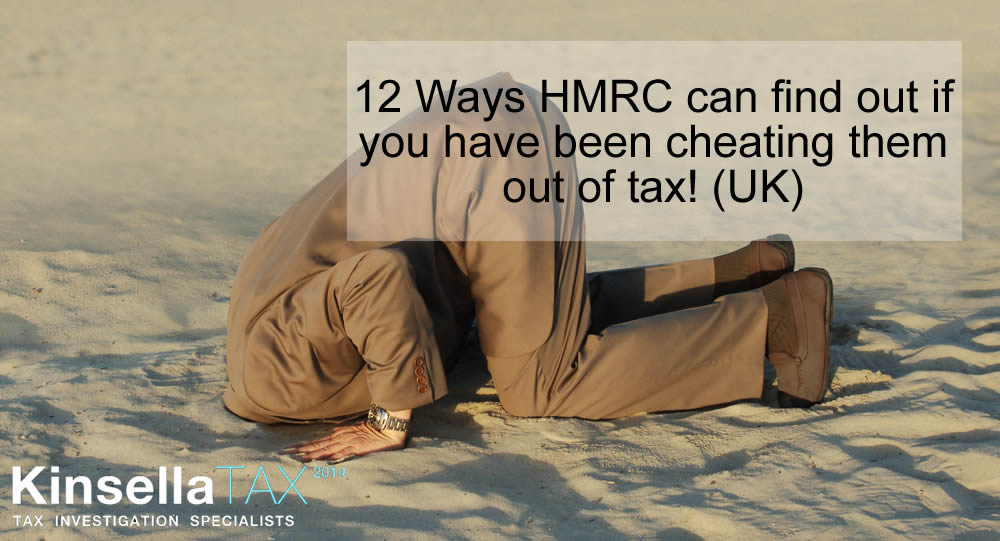I want to add a little to the recommendations mentioned above. Please note that this is just a small addition, and not the main recommendations for proving that you are not a tax resident in your EU country.
You write that you have an apartment with a mortgage. Are you registered in it or in any other housing in your EU country? If yes, then you need to register your departure from your place of residence in your EU country. But be careful, it might affect your mortgage agreement.
In the country where you plan to have tax residency instead of your EU country, you should go to the consulate of your EU country and register there. Get a certificate from the consulate that you have registered as a citizen of your EU country permanent living in this country. Register at your place of permanent residence in your new country. Usually, this happens in a special unit of the local police or migration service. Very likely that the consulate asks this local registration of your local residence for registering you as the citizen of your EU country permanent living in this country.
If a change in your tax residence will result in a change in the returns you file with the tax authority or a change in tax rates, I recommend that you submit a formal question to the tax authority through your account on the tax authority's website or about how it works in your country. You can formulate the question in the format of a notification of changing your tax residence.













